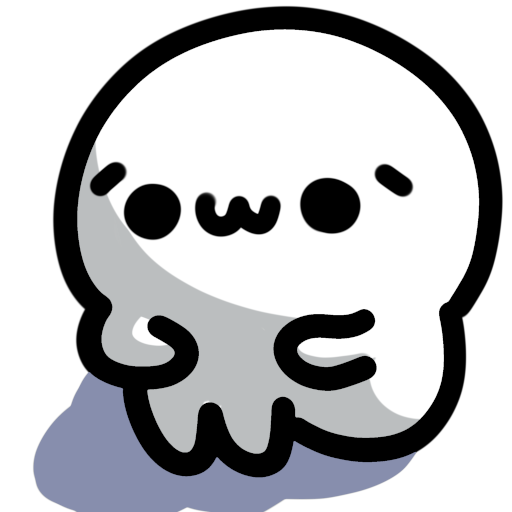掲示板 Forums - How hard from 1 to 10 is learning Japanese
Top > 日本語を勉強しましょう / Let's study Japanese! > Anything About Japanese Getting the posts
Top > 日本語を勉強しましょう / Let's study Japanese! > Anything About Japanese
To be able to rank it in a 1-10 scale it kinda needs other languages to be compared to. For English speakers, Japanese is considered the third most difficult language, behind Arabic and Chinese. However, for different people different languages can be in different difficulties. Personally, I feel Japanese generally comes pretty naturally and the most difficult part is the Kanji, especially writing the Kanji plainly from memory. I'm much better at reading Japanese.
So, just do your best and have fun with 日本語!
These rankings are always arbitrary, but I wonder what could possibly make Chinese and Arabic harder than Japanese. True, Chinese has tones, and both of them have a bewildering variety of dialects.
All you need to know is that it isn’t impossible to learn 
These rankings are always arbitrary, but I wonder what could possibly make Chinese and Arabic harder than Japanese. True, Chinese has tones, and both of them have a bewildering variety of dialects.
I looked it up and it seems to largely be because of how Japanese is easier to learn with pronunciations and grammar, whereas Chinese and Arabic pronunciations and grammar are more complicated for English speakers. Chinese also has a larger number of characters, and Arabic is written from right to left. But really, when you consider the fact that Japanese has three different writing systems all used together, you do have to wonder how that ranking developed.
With Arabic and Chinese, I personally haven't learned them myself (aside from a brief dive into Chinese a year or two ago that I quit because I was getting too far along my course simply because of how I already knew the meanings of characters from Japanese and wasn't picking up much new stuff at all  ) so I can't really say how difficult they are compared to Japanese.
) so I can't really say how difficult they are compared to Japanese.
Japanese is a very hard language to learn for those who grew up with English. It's not very similar to English and the kanji take quite a bit of time. From what I've heard it would be something like a 9/10, objectively. But there's more to it. I learned some Spanish as a teenager, but despite how easy it was, I forgot almost all of it because I just had no interest in or connection with the culture. If you have others learning with you, if you already watch anime for fun, if you want to learn more about Japanese culture... the personal factors are really important to staying motivated. And if you stay motivated enough to keep studying, you'll keep improving, even if the language is difficult or your learning methods aren't optimal.
You know when someone has the motivation and love for doing something even it is something impossible to the other, you can do it so easily. The competitors at world level..we think how are they so succesfull, it's just that they love to do that, thats why It is so easy.
If you believe and love it from the heart Japanese isn't hard.
These rankings are always arbitrary, but I wonder what could possibly make Chinese and Arabic harder than Japanese. True, Chinese has tones, and both of them have a bewildering variety of dialects.
I remember researching this a while ago, and I found that all English-based language difficulty ranking are based on the scale created by the US military, which ranks languages based on the number of hours it takes to learn them (iirc learn = reach B2 level). So it isn't arbitrary, but it is influenced by whatever methodology the US military uses to teach people languages.
Most lists you see floating online are nonsense. I've seen a few claiming my native language (Bulgarian) to be the second hardest for English speakers (behind Hungarian).
The most well known official language difficulty ranking is the one maintained by the FSI. It does NOT rank languages in order of individual difficulty, it simply places languages in different categories. As far as I know those are based on the time (weeks/hours) it would take a, presumably monolingual, native (EN) speaker to reach B2/C1 (they have their own proficiency scale, but this is the rough equivalent).
The languages in category IV are: Arabic, Chinese – Cantonese, Chinese – Mandarin, Japanese, and Korean. They aren't ranked in any way, just in the same bracket/category.
Category III is labelled "Hard languages" and IV "Super-hard languages".
I'm not sure exactly what makes Korean category IV compared to Hungarian being category III. I assume it's mostly the writing system.
Anyway, if you know any other languages, this doesn't really apply to you. I can learn Polish (category III) way easier than an American with little or no background in other languages. Unfortunately, none of the languages I know help me much with Japanese 